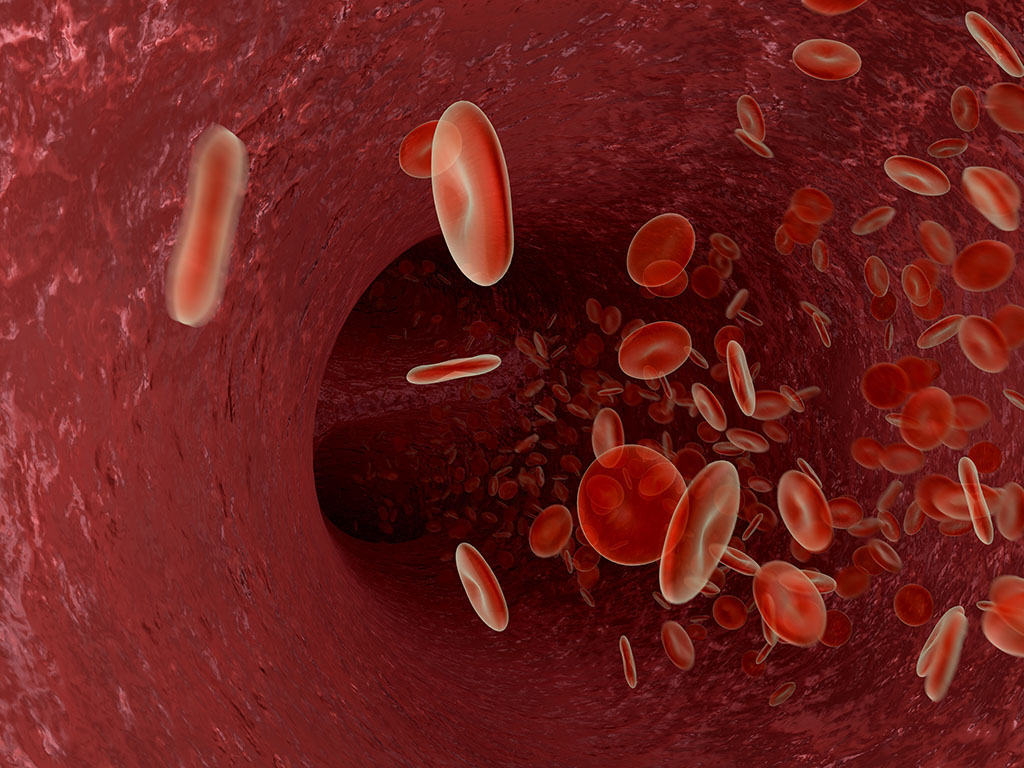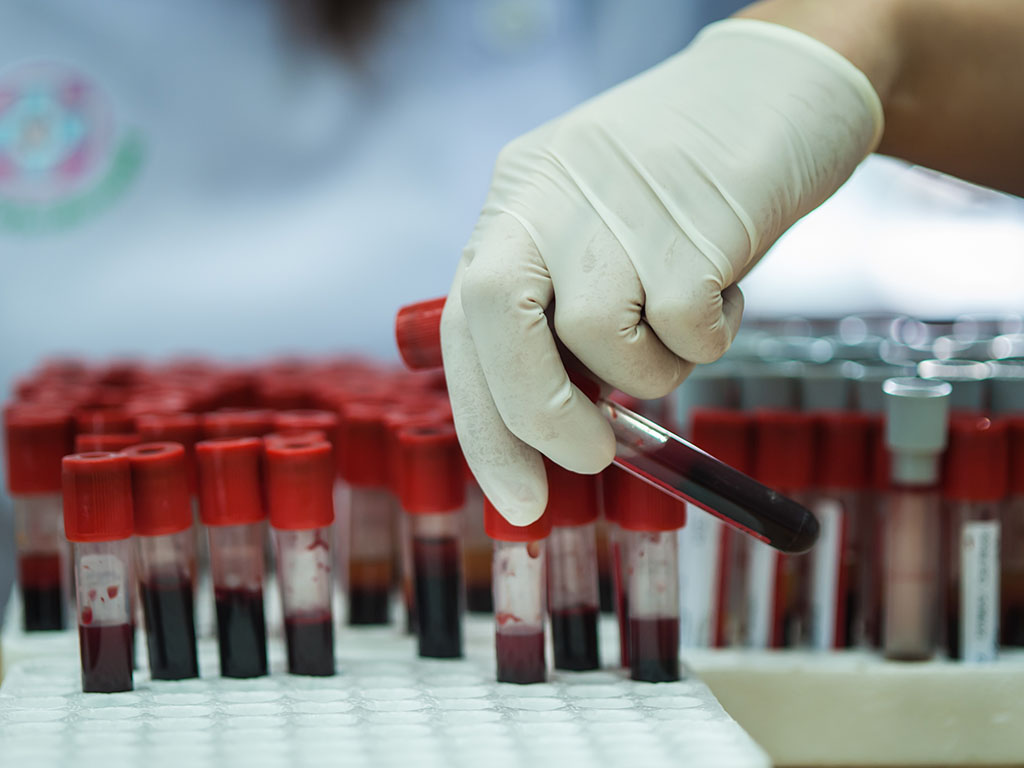Serbia sends 3,000 stem cell samples a year – Opening of first public bank to further strengthen awareness of their importance
Source: eKapija
 Tuesday, 07.02.2017.
Tuesday, 07.02.2017.
 15:19
15:19
 Tuesday, 07.02.2017.
Tuesday, 07.02.2017.
 15:19
15:19
(Photo: megaflopp/shutterstock)

Although the opening of this institution within the Institute for Mother and Child Health Care in Belgrade has been announced for 2017, all things considered, it will not be completed on time, primarily for financial reasons. In the meantime, the opening of the Stem Cell Bank within the Centers of Excellence in Kragujevac, also announced for 2017, is expected.
Until Serbia gets its first public stem cell bank, which will further raise awareness of the importance of keeping cord blood, those who want to keep stem cells of their children will still need to opt for one of the foreign banks. There are 12 registered private stem cell banks in Serbia, 3 of which are leaders with a 95% market share.
– Around 3,000 samples are sent annually to various European banks from Serbia, says Nebojsa Petrovic, founder of Bio Save Group, for eKapija.
– The number hasn't changed for a couple of years, and an advance of 10.15% might be made in 2017 thanks to various advantages offered by banks to their clients.
Bio Save clients from Serbia, Montenegro, Macedonia, Albania, Bosnia and Herzegovina, Croatia and Slovenia keep cord blood samples in the German stem cell bank Vita 34, the parent company of Bio Save. In five years of operations in Serbia, nearly 3,000 pregnant women have put their children's stem cells in trust of Bio Save.
(Photo: Photobank gallery/shutterstock.com)

Stem cells can be transformed into any other type of cell in the body, and their potential for regeneration is unique in medicine, whereas numerous researches are constantly extending the possibility of application. At the moment, around 85 diseases are treated with the help of stem cells.
– By keeping stem cells today, you invest in the medicine of tomorrow, and your baby will live in the world of medical progress – Petrovic explains.
– We are trying our best to help the opening of the first public stem cell bank in Serbia, of which we would be partners. In the region, there is a public bank in Croatia, and there are as many as 25 in Italy, which is very useful – by opening a public bank, a country enters the European register and is able to draw down and exchange samples of stored blood. Us private banks would also benefit from the opening of this institution, as it would further raise awareness on the importance of keeping stem cells.
(Photo: somsak suwanput/shutterstock.com)

Cost of keeping
Storing stem cells in public banks is free, whereas the average price of keeping them in private banks in Serbia is around EUR 2,000 for a 20-year period.
Bio Save signs contracts for 20, 30, 40 or 50 years. They are the only bank which provides the option of keeping stem cells for 50 years. The price for a 20-year regime in Serbia is EUR 1,980, without the annual costs. Keeping stem cells for 20 years can be paid for in up to 48 monthly installments.
Turning to personalized medicine
Orientation towards the concept of personalized medicine will be a priority for the majority of healthcare and pharmaceutical institutions in the coming period. Bio Save confirms this. Since individual differences have a great impact on drug effectiveness, the company points out that, in addition to popularizing the importance of keeping stem cells, they will also be promoting a new service in 2017 – a unique STRATIPHARM test, which provides a child's personalized genetic profile for close to 300 drugs, that is medicaments which can cause adverse effects in a child throughout his or her life. The test can help medical doctors select the adequate medicine and dosage in relation to the child's genetic profile more precisely.
Ivana Bezarevic
Companies:
 Bio Save d.o.o. Beograd
Bio Save d.o.o. Beograd
 Institut za zdravstvenu zaštitu majke i deteta Srbije Dr Vukan Čupić Beograd
Institut za zdravstvenu zaštitu majke i deteta Srbije Dr Vukan Čupić Beograd
 Ministarstvo zdravlja Republike Srbije
Ministarstvo zdravlja Republike Srbije
Vita 34 Nemačka
Tags:
Bio Save
Vita 34
stem cells
keeping stem cell
stem cell treatment
public stem cell bank in Serbia
cost of keeping stem cells
private stem cell banks in Serbia
cord blood
keeping cord blood samples
STRATIPHARM test
personalized medicine
Institute for Mother and Child Health Care Belgrade
Centers of Excellence Kragujevac
Ministry of Health
Comments
Your comment
Most Important News
Full information is available only to commercial users-subscribers and it is necessary to log in.
Follow the news, tenders, grants, legal regulations and reports on our portal.
Registracija na eKapiji vam omogućava pristup potpunim informacijama i dnevnom biltenu
Naš dnevni ekonomski bilten će stizati na vašu mejl adresu krajem svakog radnog dana. Bilteni su personalizovani prema interesovanjima svakog korisnika zasebno,
uz konsultacije sa našim ekspertima.


 Izdanje Srbija
Izdanje Srbija Serbische Ausgabe
Serbische Ausgabe Izdanje BiH
Izdanje BiH Izdanje Crna Gora
Izdanje Crna Gora


 News
News






